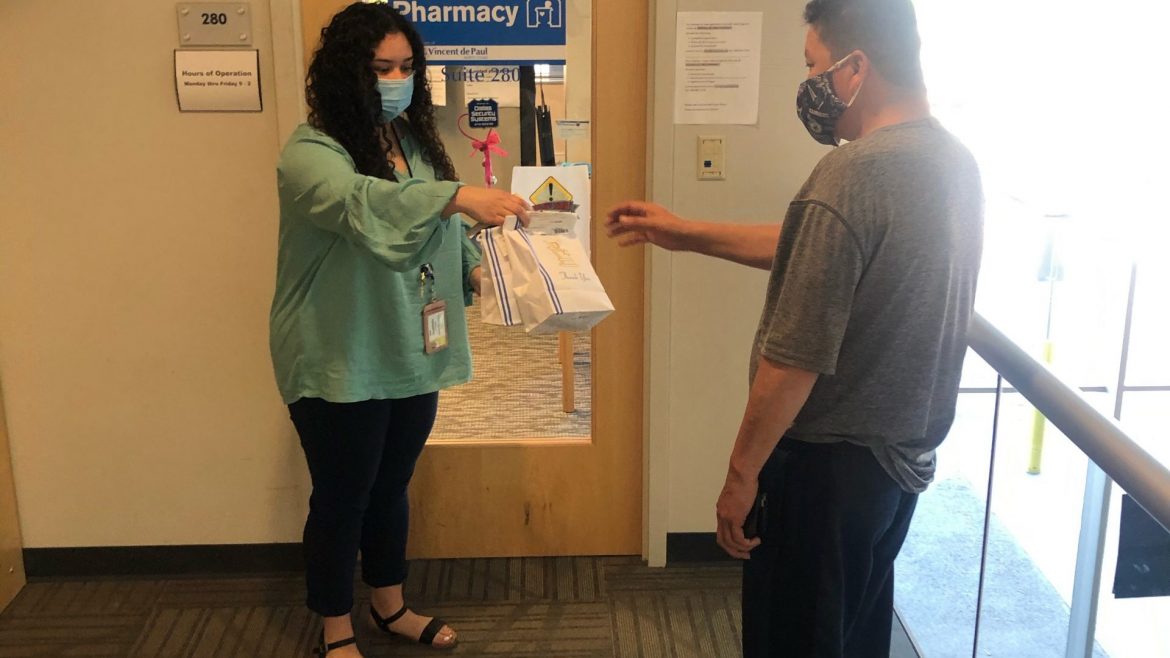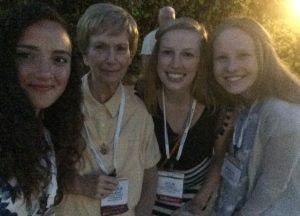For the Society of St. Vincent de Paul, one pervasive challenge across the communities we serve is poor health management, often exacerbated by lack of access to prescription medications.
The first pharmacy of its kind in Texas, the St. Vincent de Paul Pharmacy serves the uninsured whose household income is at or below 300 percent of the Federal Poverty Level, which for a family of four is an annual income of $25,701. Nearly 1 in 2 Texans have incomes at or below 300 percent of the Federal Poverty Level.
Since its founding in March 2018, the Society of St. Vincent de Paul North Texas’ freestanding charitable pharmacy, named the St. Vincent de Paul Pharmacy, has filled the gap for many North Texans unable to afford medication. Nearly half of all Texans have incomes at or below 300 percent of the Federal Poverty Level.
As the pandemic’s effects continue to severely impact our neighbors in need, the pharmacy has been busier than ever, serving nearly 1,000 patients and averaging more than 400 prescriptions per week since March 2020. The St. Vincent de Paul team also innovated their service model by removing the transportation barriers that had previously prevented some clients from obtaining their medication by allowing for prescriptions to be mailed or personally delivered to those who need it.
Society of St. Vincent de Paul North Texas CEO Mike Pazzaglini recently spoke on the program’s expansion on Good Morning Texas. He noted that rather than a reduction in services, the St. Vincent de Paul pharmacy actually served exponentially more neighbors in need over the last year. “We went from 9,000 the year prior, to this year, where we filled over 17, 500 prescriptions.”
Says one pharmacy patient, Elsa R., “I am really grateful because I depend on my medication and I would not know how to find the means to pay.”
Neighbors in need aren’t the only ones who see the benefits of the pharmacy. Vincentian volunteer Martha Korioth notes that, “Vincentians are called to BE the face of Jesus TO others — and, to SEE the face of Jesus IN others. As a volunteer at the SVdP Pharmacy, I see the face of Jesus in the face of each Pharmacy staff member, and I see Jesus’ smiling face on each friend, who comes to pick up their medications. Remarkable growth [of the program]… is leading to Systemic Change for the poorest of the poor in this community.”
To learn more about how you can help support the St. Vincent de Paul Pharmacy in Texas, or to learn whether you qualify for services, visit the Society of St. Vincent de Paul North Texas website.











